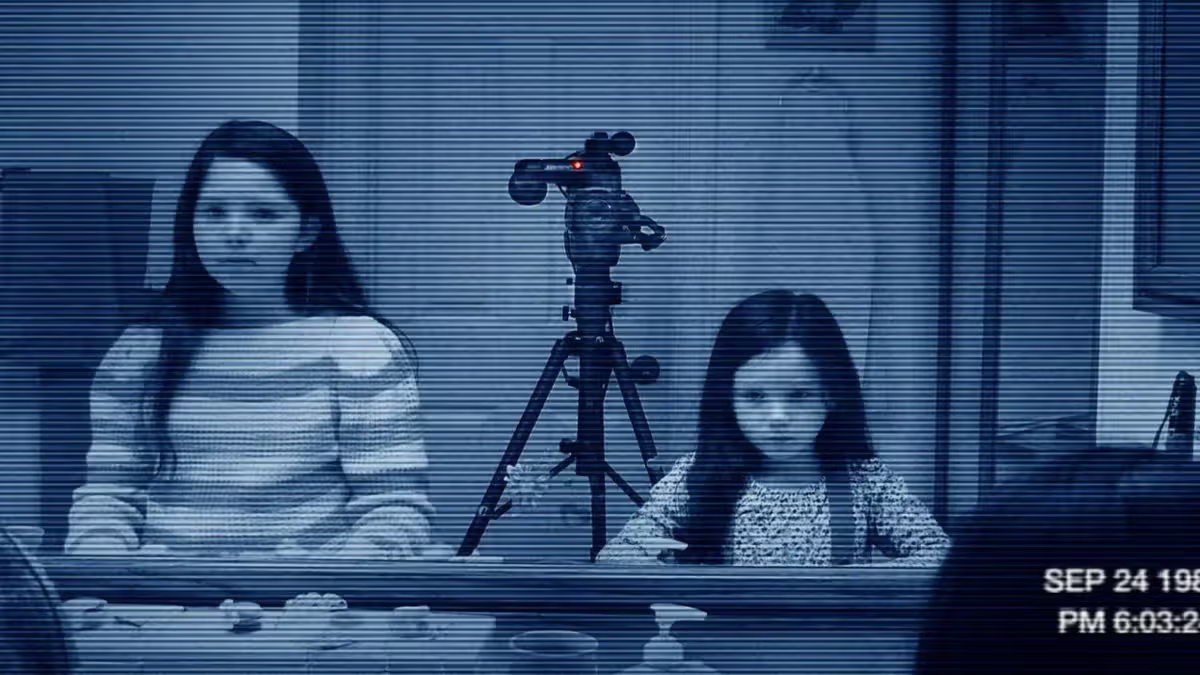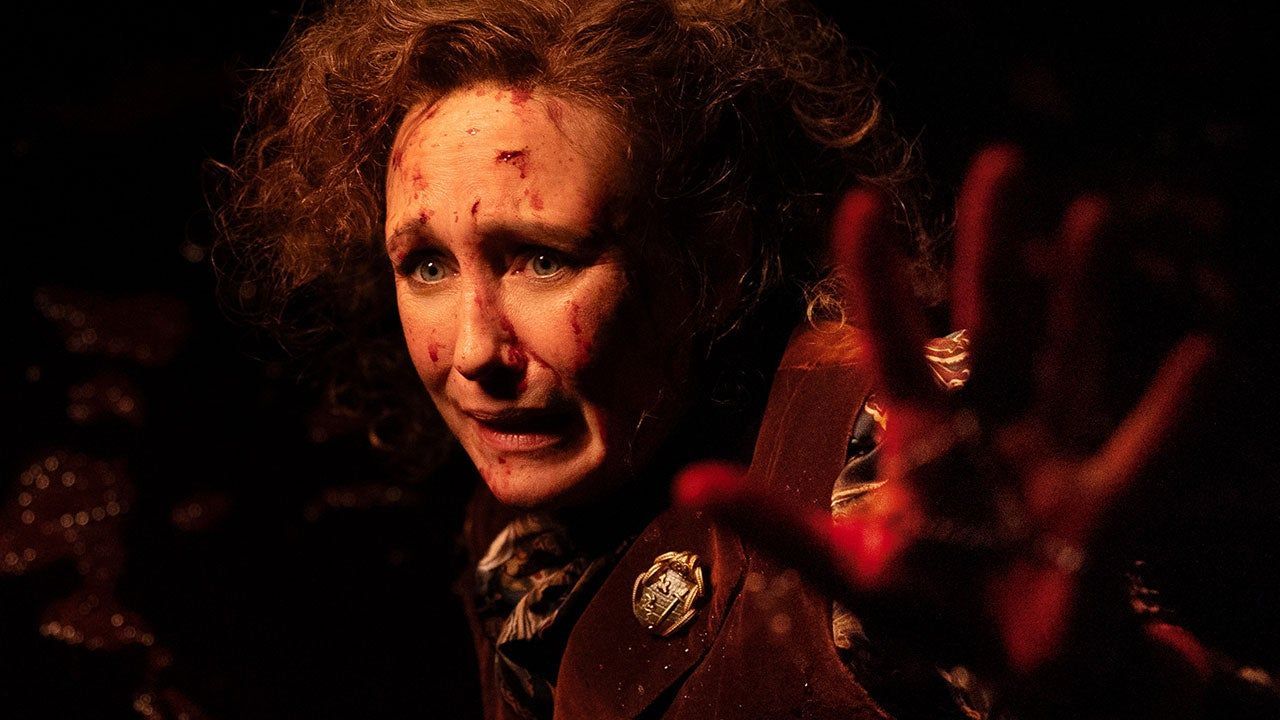The Mysterious Superstitions of Friday the 13th
Uncover the spooky origins and conspiracies surrounding the infamous Friday the 13th superstition.
.jpg)
Friday the 13th is infamous for being surrounded by superstition, misfortune, and fear. This peculiar combination of an unlucky number and the "unlucky" day of the week has deep historical and cultural roots.
Historical Origins
One of the most famous theories links Friday the 13th to the arrest of the Knights Templar on Friday, October 13, 1307. King Philip IV of France ordered the mass arrest, torture, and eventual execution of these powerful warriors, marking it as a day of betrayal and infamy.
Superstition and Religion
The fear of the number 13 (triskaidekaphobia) is rooted in numerology and religious beliefs. In Christianity, 13 guests attended the Last Supper, and Judas—the one who betrayed Jesus—was the 13th. Additionally, Friday has long been considered unlucky due to its connection to the crucifixion.
Pop Culture and Fear
Friday the 13th’s eerie reputation has been amplified in pop culture, particularly through the iconic "Friday the 13th" horror franchise, cementing its association with dread and bad luck. Even today, many buildings skip the 13th floor, and some people avoid traveling or making major decisions on this date.
The Conspiracy Angle
Some conspiracy theorists suggest that Friday the 13th is more than just superstition, hinting at a deeper societal control mechanism meant to manipulate fears. Others believe the day is a marker for hidden rituals or numerological significance.
Why We Fear It
Ultimately, our fear of Friday the 13th stems from centuries of storytelling, tradition, and media influence. Whether you believe in its ominous energy or not, one thing’s for sure—it’s a day that always gives people something to discuss.
Would you dare to embrace the day, or will you avoid stepping under ladders and crossing paths with black cats? Let us know your thoughts in the comments!
Friday the 13th FAQ
Why is Friday the 13th considered unlucky?
The superstition stems from combining the number 13, long associated with bad luck, and Friday, historically viewed as an unlucky day in Western culture.
How did the superstition originate?
It traces back to biblical and Norse mythology, where both the number 13 and Friday appear in negative contexts like the Last Supper and Loki's betrayal.
Is Friday the 13th unlucky in every culture?
No, in some cultures, like Italy, 13 is lucky, and Tuesday the 17th is considered unlucky instead.
What happens when Friday falls on the 13th?
People may avoid travel, surgeries, or significant events, believing they are more likely to encounter bad luck.
Are there positive associations with Friday the 13th?
Yes, some see it as a day to challenge fears or embrace the mystical and supernatural.
Why does the superstition persist?
It’s reinforced by cultural references, media, and psychological confirmation bias—when people associate events with the day.
How often does Friday the 13th occur?
It happens at least once a year, with up to three occurrences depending on the calendar year.
Are there real-world effects of Friday the 13th?
Some studies suggest a dip in travel and business, though not all data supports a significant impact.
How did the Friday the 13th movie series influence the superstition?
The franchise linked the day with horror and pop culture, cementing its association with fear. Check our store for related movies!
Are there other horror movies inspired by superstitions?
Absolutely! Films like The Wicker Man and Hereditary explore cultural beliefs and rituals tied to fear.



